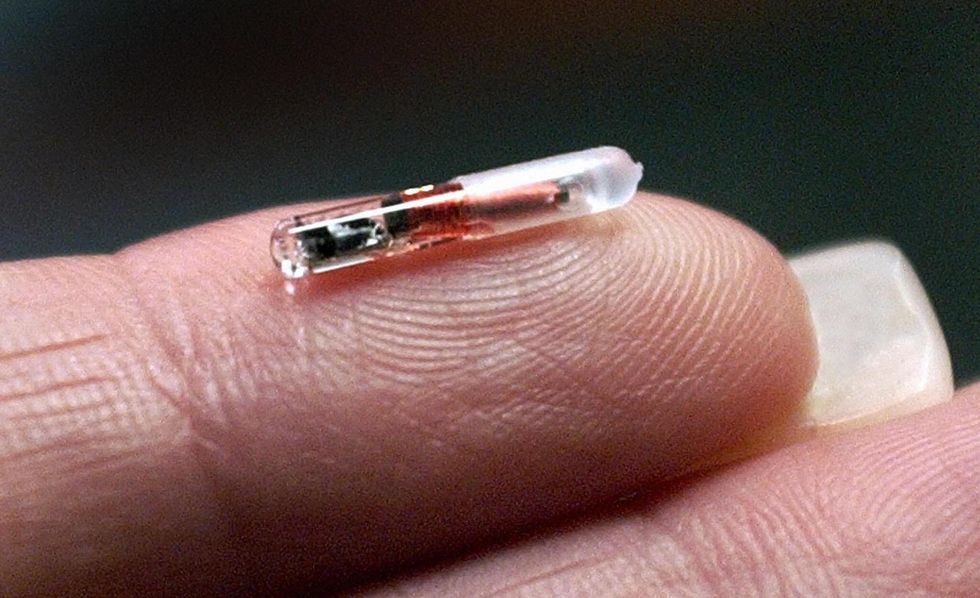Thousands of Swedish citizens have had microchips implanted into their bodies over the past few years, in a growing trend that the country's institutions have increasingly embraced.
While the percentage of microchipped Swedes is low — only around 3,500 — in a country with a population of 10 million or so, new uses for the in-body data storage devices continue to be developed and utilized.
Why?
Mostly for the sake of convenience. The tiny microchips — about the size of a grain of rice — are typically embedded into a person's hand, and can serve as a form of identity, a key to unlock a door, and even to store a digital rail pass.
Proponents say that the benefits of such devices give users the freedom from having to carry things like a wallet or keys on their person, since all of that information can be stored in the chip and utilized or scanned as needed.
Swedes have long embraced personal information-sharing as a culture. With just a phone call to the tax authority, a citizen can find out their neighbor's salary information and other details. So, to many, having a microchip system is another form of increasing transparency.
Why not?
Naysayers of the practice are concerned with issues of personal privacy, especially as the data storage on microchips continues to increase.
Swedish microbiologist Ben Libberton said, "At the moment, the data collected and shared by implants is small, but it's likely that this will increase."
For instance, Libberton asks, "If a chip can one day detect a medical problem, who finds out and when?"
There are also physical risks to having the chip itself embedded into a person's body. In the United States, the implants are conducted by tattoo and body piercing shops for customers electing to have the procedure.
For many, being microchipped seems Orwellian, and researchers, like Libberton, warn that the risk of the devices being hacked is very real.
"The more data is stored in a single place as could happen with a chip, the more risk it could be used against us," he added.



